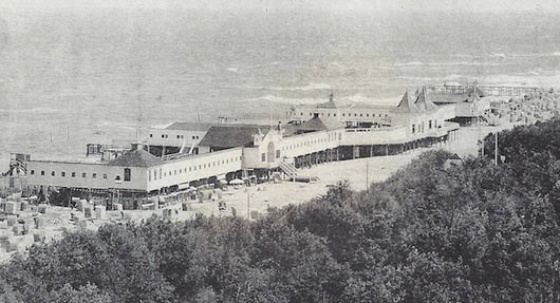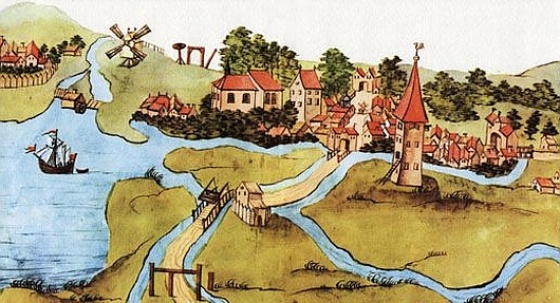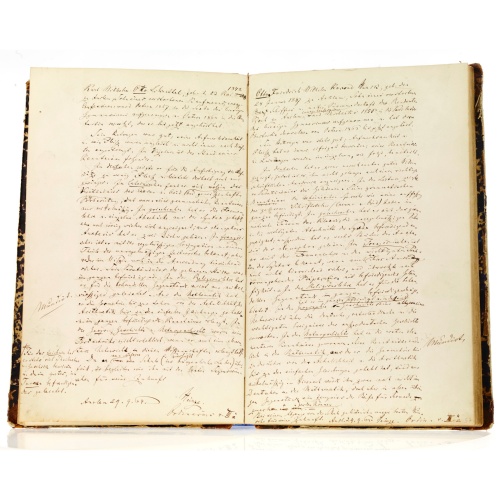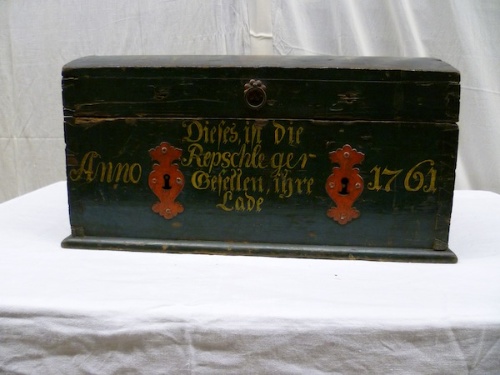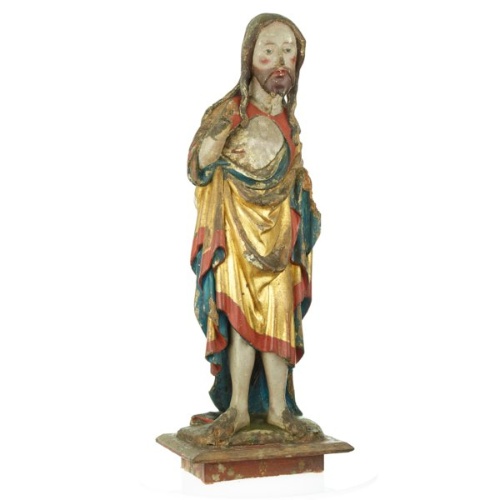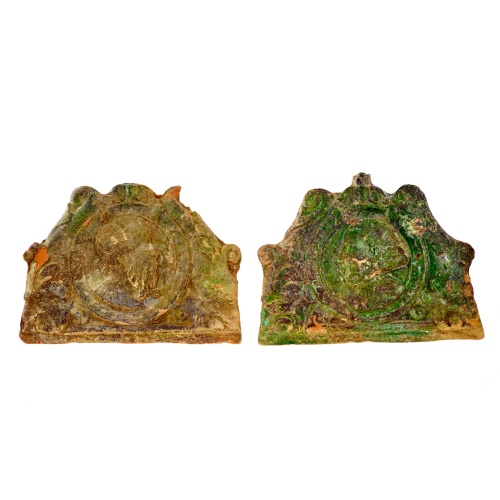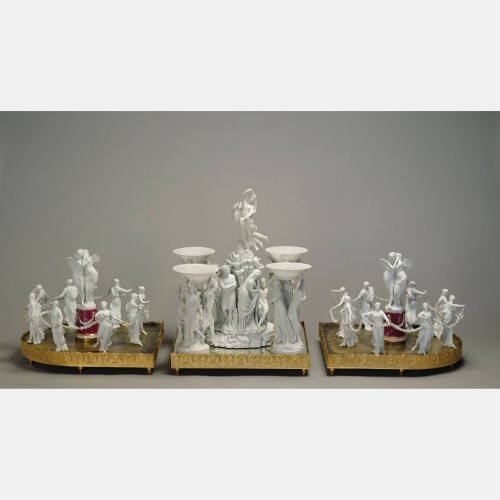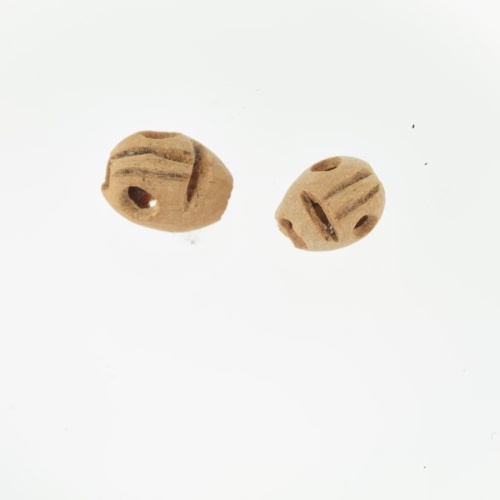The Slavs lived in work-sharing family communities and on the basis of religious beliefs. The arrival of Christianity around 1200 brought Christian values. Superstitious beliefs also remained important. Socially the villages were divided into rural farm life, manorial rule and adscript subservience. Towns and cities were divided into the aristocracy, craftsmen and plebeian classes. The clergy controlled spiritual life up until the Reformation in 1549.
Social networks were determined by family and classifications on the basis of education, property or background. It was not until the 20th century that bourgeois behaviour replaced feudal forms.
The colloquial language was Low German. From the 16th century the official and legal language was High German.
Full employment, equal rights and social security determine people's attitude to life in the GDR. After 1990, democracy leads to a new political culture and personal freedom, but also to individualization and thoughts of personal advantage.
